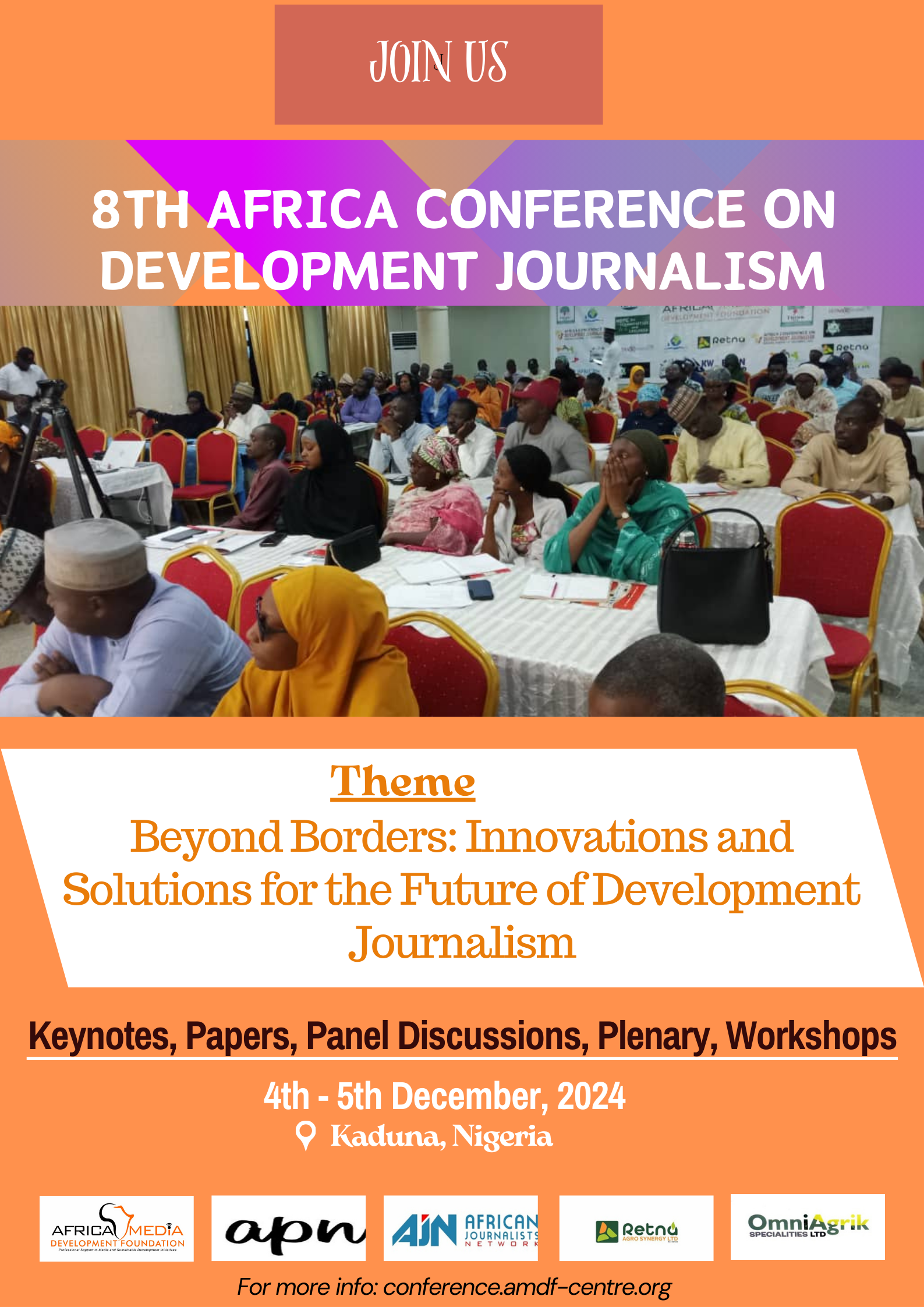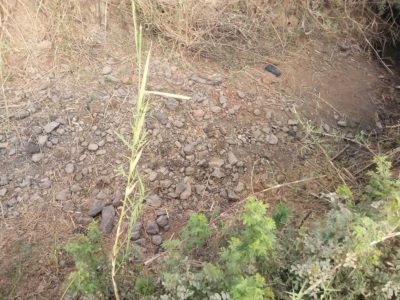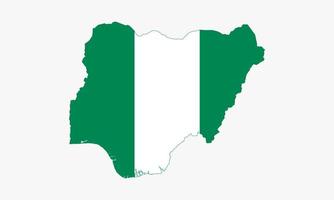It was a colourful gathering of women, and ‘woke’ men sympathetic to the cause, from different parts of Nigeria, organised under the aegis of the United States Agency for International Development’s Democracy and Governance programme. Although it was unbearably hot that sunny day in November 1998, you could not tell the discomfort the two thousand plus crowd faced, including those who were pregnant, as we marched in unison, propelled by the passion we felt for the messages we held aloft on our placards: “Let Women Lead Too” and “Give Women a Voice in Decision-making.”
We were headed to the Constitution Debate Co-ordinating Committee led by the late Justice Niki Tob,i with the mandate to make a case for affirmative action to enable at least one-third (35 per cent) representation of women in decision-making in our beloved country. The women’s lobby was strong and well-worded, led by erudite professor of Law, late Jadesola Akande, amongst other equally learned representatives.

We were very hopeful. After all, Nigeria was on the threshold of history, about to embrace democratic rule again, with the scheduled 1999 elections, after so many years during which the military passed the baton from one officer to the next via a series of military coups, interspersed with very brief spells of democratic governance. Some of the women who made up the ranks of the rally were going to have the opportunity for the very first time, to elect their own leaders in the 1999 elections. Our hope was palpable; hope in a more democratic process and a more equitable, peaceful, progressive Nigeria.
Fast forward to 2022. It is March – the month in which International Women’s Day is celebrated worldwide – and another group of Nigerian women have gathered in the streets outside the National Assembly. The torment of the gruelling hot sun searing through them was no match for the intense passion knitting them together, as they marched on the streets of Abuja, day after day, holding aloft their placards that said, “Let Women Lead Too” and “Give Women a Voice in the Senate.”
Twenty years after that first women’s march, women are still marching on the same streets, holding the same placards, demanding the same exact thing.
In March 2022, Nigeria’s Senate voted against bills intended to provide a “minimal” number of seats to women to enable them to participate in decision-making in Nigeria – a country that is currently bedevilled by solvable developmental challenges, including how to provide consistent power supply, potable water, gas, petrol, motorable roads, decent public hospitals, transportation and schools, amongst a myriad of other issues.
One of the bills – “to provide for special seats for women in the National and State Houses of Assembly” – if passed, would enable “one additional Senator for each State and the Federal Capital Territory, who shall be a woman.” The current structure already has three senators from each State and one from the Federal Capital Territory. In the House of Assembly, if the bill was passed, it would provide “two additional members for each State and the Federal Capital Territory, who shall be women”, in addition to the already existing “three hundred- and sixty-members…”
There have been protests, outcries and several headlines and reports about the injustice of the whole thing.
I’m here to ask just one question: What is the big deal about women occupying these seats of power? What are the Nigerian men in power so scared stiff of anyway?
What is the worst-case scenario? Is the fear that women would no longer be responsible for domestic chores and child-rearing? Or that they would take control of decision-making in the domestic sphere too? Is the fear that men would be expected to take paternity leave, and put their careers on hold while taking care of their babies?
Would the government pay attention to very important issues that fall on the blind side of policy and intervention, where men predominate (a ratio of seven per cent female to 93 per cent male, as we currently have in the Senate and House of Representatives combined)? Would diversity not enable decision-makers to have a more balanced and progressive view?
Let’s imagine the less petrifying narrative together for a moment. What if women occupied more seats in the Senate? Would it be so bad for the government to pay attention to some issues that affect women, and children (the so-called vulnerable groups), for a change?
Would the government pay attention to very important issues that fall on the blind side of policy and intervention, where men predominate (a ratio of seven per cent female to 93 per cent male, as we currently have in the Senate and House of Representatives combined)? Would diversity not enable decision-makers to have a more balanced and progressive view?
Let’s consider this seriously:
Would Nigeria relinquish her shameful position as one of the countries with the highest maternal mortality rates in our 21st-century world? (Reports indicate that one in 22 Nigerian women die in the process of childbearing. This makes Nigeria home to 20 per cent of all maternal deaths in the world!).
Would women-owned businesses produce more wealth for the country because they are not hindered by land ownership/inheritance/cultural challenges, among others?
Would we have fewer out-of-school children (especially girls), fewer child brides and unemployed young people?
Would women who need to use public toilets more frequently and are not wired to pee on the streets and highways be given consideration in urban planning?
Would corruption, the bane of development and growth, be more rigorously tackled?
…I am not saying that accepting a minimum number of female candidates into this revered, big boys’ club, sorry assembly, would solve all of Nigeria’s problems, but shouldn’t we at least have the benefit of alternative voices, male and female?
In the debilitating heatwave that the country is currently experiencing, would we have electricity supply that lasts even up to two days at a stretch, to keep hospitals and other life-saving services and businesses running, even if not to fan the hot air circulating in our homes without public pipe-borne water?
Would we be assured that when young people exercise their right to peaceful protest over the violation of their rights, they would not be gunned down with our national flag draped around their shoulders?
Just food for thought.
PS: Apparently, due to the protests by women’s groups and other concerned parties, the House announced the decision to rescind three out of the five gender-related bills that were rejected. The two bills, not on the table for reconsideration, are those offering affirmative action, in terms of women accessing 35 per cent of positions in political parties and in appointive positions at the state and federal levels.
Frankly, I would consider the passage of these bills justice in action, which needs no further queries, given that male citizens already have been enjoying these rights without debate.
Listen, I am not saying that accepting a minimum number of female candidates into this revered, big boys’ club, sorry assembly, would solve all of Nigeria’s problems, but shouldn’t we at least have the benefit of alternative voices, male and female?
After all, as they say, what is good for the goose is good for the gander.
Arit Oku, a gender and development specialist, writes from Lagos.






